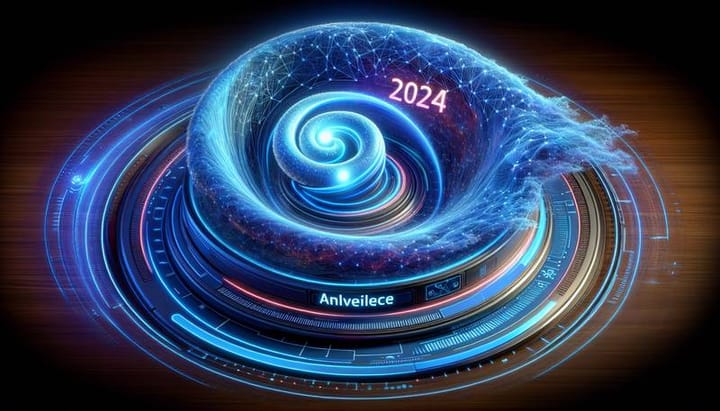Breakthrough Solid-State Battery Prototype Enhances EV Efficiency

Belgian R&D Firm Imec Develops High-Energy Density Battery Prototype
In a major breakthrough for electric vehicle (EV) technology, Imec, a leading research and development organization in Belgium, has unveiled a cutting-edge solid-state battery prototype. This innovative battery boasts a remarkable 1070 Wh/L energy density, surpassing the 800 Wh/L energy density of the best lithium-ion cells by nearly 25 percent.
Imec's breakthrough is part of the SOLiDIFY project, supported by the European Union and 13 partner organizations. The prototype solid-state battery stands out for being manufactured through a process that operates at room temperature. This process is not only adaptable to existing lithium-ion battery production lines but is also projected to be more cost-effective, potentially costing less than 150 euros (around $167) per kWh. This cost is highly competitive compared to the current batteries priced at about $140/kWh.
Innovative "Liquid-to-Solid" Solidification Process
The key to this prototype's impressive performance is the "liquid-to-solid" solidification process. It features a solid electrolyte made from a "doped polymerized ionic liquid" in a slim 50 micrometer layer. This electrolyte is sandwiched between a high-capacity composite cathode and a svelte lithium metal anode, resulting in a compact and efficient battery cell stack.
Imec's consortium successfully improved the cell's charging rate to three hours and its lifespan to 100 cycles. They also addressed challenges related to mechanical strength and cathode impregnation. Additionally, the application of nanometer-thin protective coatings has significantly reduced the use of cobalt, a valuable benefit given the increasing demand for ethically sourced and environmentally friendly materials.
More Work Needed But Future Looks Promising
Although there is still progress to be made, particularly concerning charging times and the number of charging cycles, the potential of solid-state batteries cannot be understated. Current lithium-ion car batteries can be charged around 2000 times and some take less than an hour to charge. Moreover, further upscaling is required for the technology to be applied on an industrial level. Nonetheless, the benefits of solid-state batteries, including enhanced energy density, reduced charging times, improved safety, and lower costs, make them a highly anticipated development for the future of EVs.
Imec's solid-state battery prototype represents a significant step forward in making electric vehicles more practical and affordable for consumers. As research and development continue, we may soon see these innovative batteries powering the next generation of EVs, revolutionizing the automotive industry with cleaner, more efficient, and cost-effective transportation solutions.


